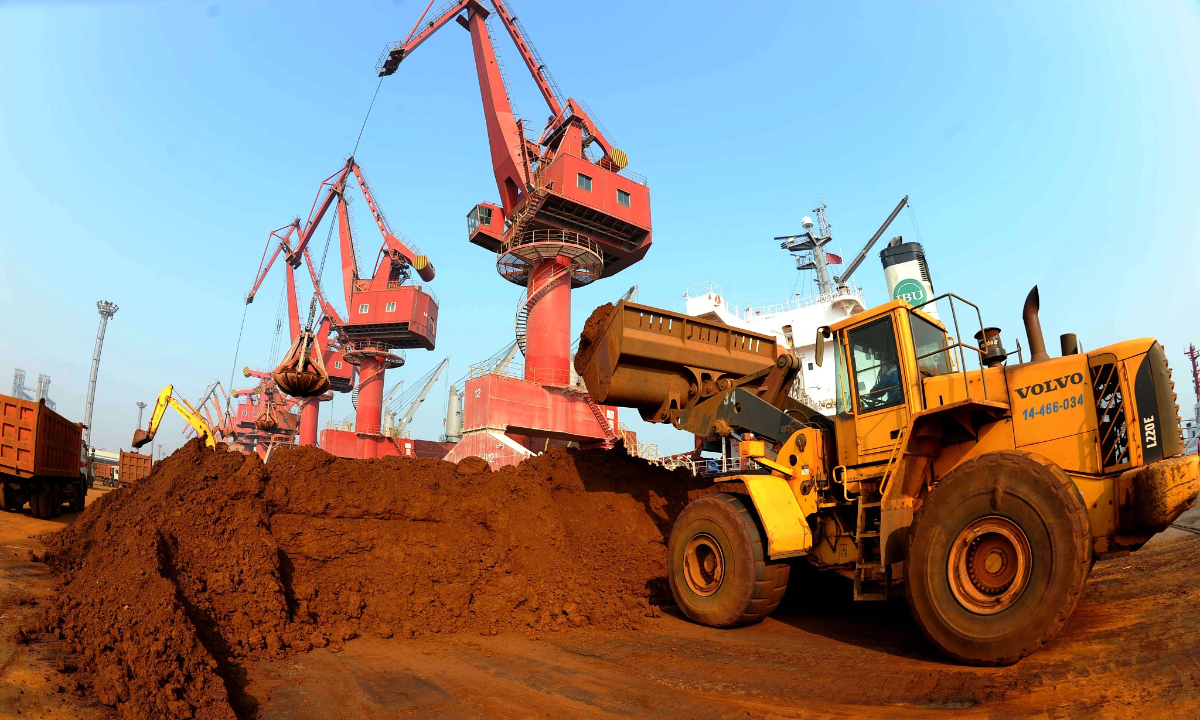 |
|
China's recent implementation of export controls on rare earths has sparked international debate and concern, particularly regarding its potential impact on global supply chains and trade relations. This policy, enacted on December 1, 2024, is framed by Chinese authorities as a measure aligned with international norms and aimed at ensuring national security while maintaining a stable regulatory environment for trade. However, the move has been met with skepticism and retaliatory measures from some countries, most notably the United States, which views it as a form of economic coercion. The core argument presented by China's Foreign Ministry and Ministry of Commerce (MOFCOM) spokespersons is that the export controls on dual-use items, including rare earths, are consistent with universal practices and are not targeted at any specific country. They emphasize that these controls are intended to prevent the misuse of these materials for military applications and to promote responsible trade practices. According to the MOFCOM spokesperson, the Chinese government reviews applications for export licenses in accordance with laws and regulations, and approves those that meet the requirements to facilitate convenient and compliant trade. This perspective is echoed by Chinese trade experts, who assert that the export management system is a legitimate effort to improve export control frameworks and reduce associated risks, a practice common among nations worldwide. The regulations, as stated by the Ministry of Justice and MOFCOM, are not designed to obstruct normal international scientific exchanges or economic cooperation, but rather to balance high-quality development with high-level security. This reassurance aims to alleviate concerns that the controls could disrupt global supply chains and hinder economic growth. However, anecdotal evidence, such as the reported suspension of production by Japanese automaker Suzuki due to delays in procuring rare earth parts, raises questions about the practical impact of these controls on international businesses. This incident, cited in the article, suggests that the implementation of the export controls may be causing disruptions and delays in the supply of critical materials, affecting production processes in other countries. In response to these concerns, the Chinese government maintains that the approval process is transparent and fair, and that any delays are due to the need to ensure compliance with regulations aimed at preventing the misuse of dual-use items.
The United States, in particular, has expressed strong opposition to China's export controls on rare earths, viewing them as an unfair trade practice that could give China a strategic advantage in key industries. As a retaliatory measure, the US has reportedly suspended ethane exports to China, a move that China has condemned as a unilateral and discriminatory action. The MOFCOM spokesperson stated that since the release of the Joint Statement on China-US Economic and Trade Meeting in Geneva on May 12, China has acted responsibly and diligently fulfilled its commitments. However, the US has taken a series of restrictive actions against China, undermining the consensus reached during the talks and infringing upon China's legitimate rights and interests. The US decision to halt ethane exports is seen by China as a targeted and unjustified response, aimed at using exports as a tool of hegemony rather than building a reasonable or lawful system. This perspective is supported by Chinese trade experts, who argue that the US action is fundamentally different from China's export management of rare earths, which is based on legitimate concerns about national security and the responsible use of dual-use materials. The escalating trade tensions between the US and China over rare earths highlight the complex geopolitical dynamics at play. Rare earths are essential components in a wide range of high-tech products, including electric vehicles, smartphones, and military equipment, making them strategically important for both economic and national security. China controls a significant portion of the global rare earth supply chain, giving it considerable leverage in international trade. The US and other countries are seeking to diversify their sources of rare earths and reduce their reliance on China, but this process is complex and time-consuming.
The broader implications of China's export controls on rare earths extend beyond the immediate impact on individual companies and trade relations. The policy reflects a broader trend of increasing geopolitical competition and the use of trade as a tool of statecraft. As countries seek to protect their national interests and promote their economic competitiveness, they are increasingly willing to impose trade restrictions and other measures that can disrupt global supply chains and undermine the principles of free trade. This trend raises concerns about the future of the global trading system and the potential for further escalation of trade tensions. The World Trade Organization (WTO) plays a crucial role in resolving trade disputes and ensuring that countries adhere to agreed-upon rules and principles. However, the WTO has faced challenges in recent years, including criticism of its dispute settlement mechanism and concerns about its ability to address new forms of trade protectionism. Strengthening the WTO and reforming its rules to address the challenges of the 21st century is essential for maintaining a stable and predictable global trading system. In the long term, addressing the challenges posed by China's export controls on rare earths and other trade disputes will require a multifaceted approach that includes diplomacy, negotiation, and a commitment to upholding the principles of free and fair trade. Countries need to work together to find solutions that promote economic growth, protect national security, and ensure a level playing field for all. This will require a willingness to compromise and a recognition that cooperation is essential for addressing the complex challenges of the global economy. Ultimately, the key to resolving these tensions lies in fostering greater trust and understanding between nations, and in building a more inclusive and equitable global trading system that benefits all.
Source: China affirms rare-earth export controls align with international practices
